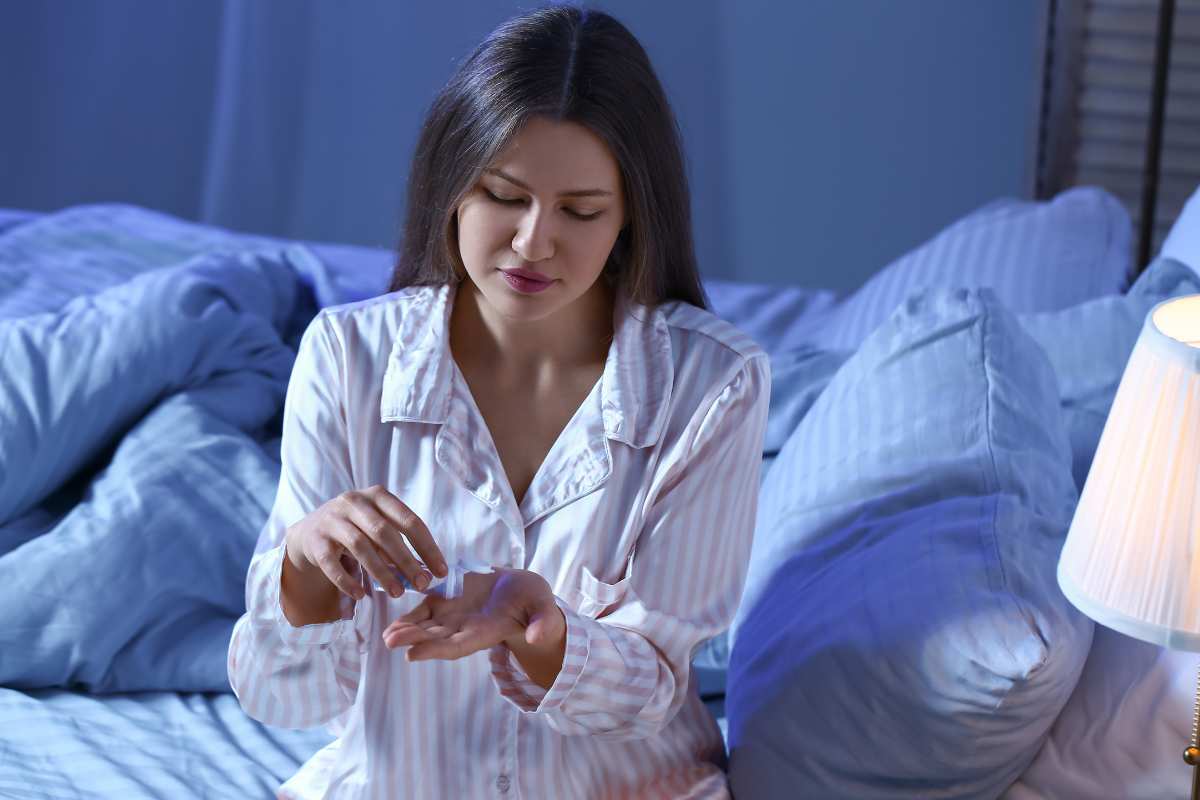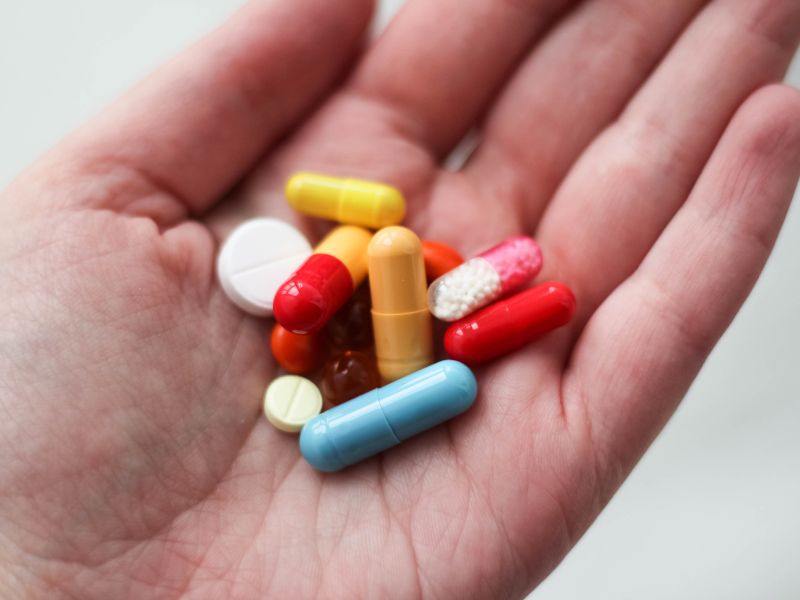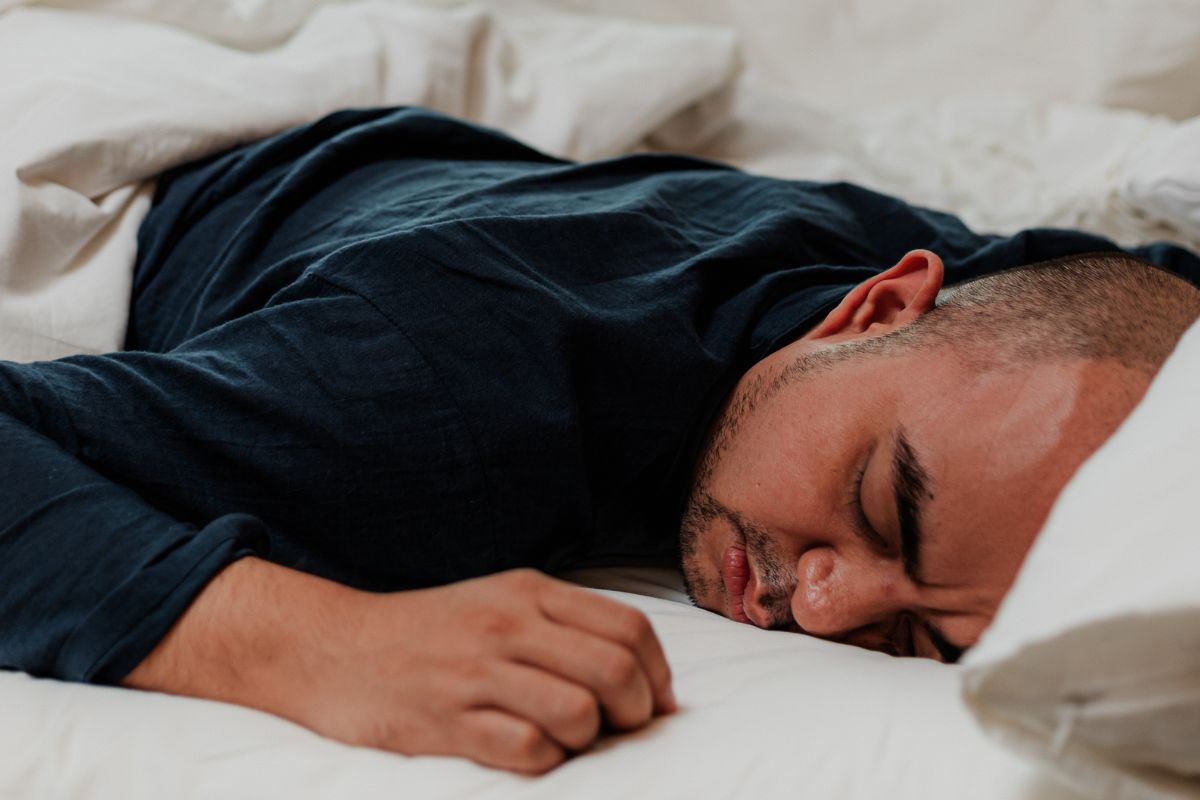Melatonin Safety Is An Issue You Should Consider Before Using

A number of scientific studies have looked at melatonin safety and effectiveness in the treatment of insomnia and circadian rhythm disorders. A few studies have looked at other benefits, including improved immune system function, protection against Alzheimer’s, reduced menopausal symptoms, prevention of migraines and improved mood.
Most scientists accept that the naturally occurring substance is safe. But since it acts like a hormone in the human body, it is regulated as a drug in some countries. In a few countries, such as Germany, it is a banned substance.
In the US, it is available over the counter and is regulated as a dietary supplement. Although the supplement industry in the US has historically been poorly regulated, new FDA regulations are expected to ensure that all supplements will be free of contaminants and accurately labeled by June 2010. The regulations will also ensure that all US supplement companies use “good manufacturing processes”, similar to those used in the food industry.
Melatonin Overdose
In addition to the general safety of the supplement, researchers have looked at the possibility of melatonin overdose. Its benefits as a sleep aid include a mild sedative effect. In other words, it causes drowsiness.
Taking too much of a sedative can cause a life-threatening situation. A person can die from taking too many sleeping pills or muscle relaxers. The cardiovascular and respiratory systems stop functioning.

Melatonin does not have this effect, but it does cause a drop in blood pressure and reduced blood flow that would be dangerous to a person with low blood pressure, circulatory problems and some kinds of heart problems.
Blood pressure is naturally lower when we are relaxed or sleeping. There is no risk to a person with normal or high blood pressure.
There is no established maximum melatonin dosage. To ensure melatonin safety, manufacturers list specific directions for use on the label. Those directions are based on doses that have proven to be safe in clinical studies, although there is some debate about what dosage is necessary to achieve results. Lower doses have been more effective in some studies.
The compound is toxic to laboratory rats at very high doses. It stands to reason that high doses taken on a daily basis could be toxic to humans, but there is no evidence to support that theory.
Melatonin Safety: Melatonin Side Effects
Side effects are more of a concern than melatonin overdose to most people. All drugs, most herbs and many nutrients are known to cause side effects. Since it is a hormone involved in many bodily functions, the side effects of this dietary supplement could be numerous.
At doses around 3mg per day or higher, the following side effects have been noted:
- Nightmares
- Vivid dreams
- Drowsiness
- Next-day grogginess
- Irritability
- Nausea
- Headache
The supplement is sometimes recommended as an immune system stimulant. This means that it could cause problems for people with autoimmune diseases in which the immune system is overactive. Rheumatoid arthritis and lupus are examples of autoimmune diseases.
There is little concern about melatonin overdose, but there is concern about the operation of heavy machinery by people taking the supplement because of the drowsiness effect. It is usually taken in the afternoon or early evening by people that have trouble falling asleep at night.

If you decide to take the melatonin supplement, you should use caution for the first few days, until you know how it affects you. The drowsiness effects can vary from one person to another.
If you are concerned about melatonin safety, be sure to choose a good brand. Something recommended by your doctor or pharmacist would be a good choice.








